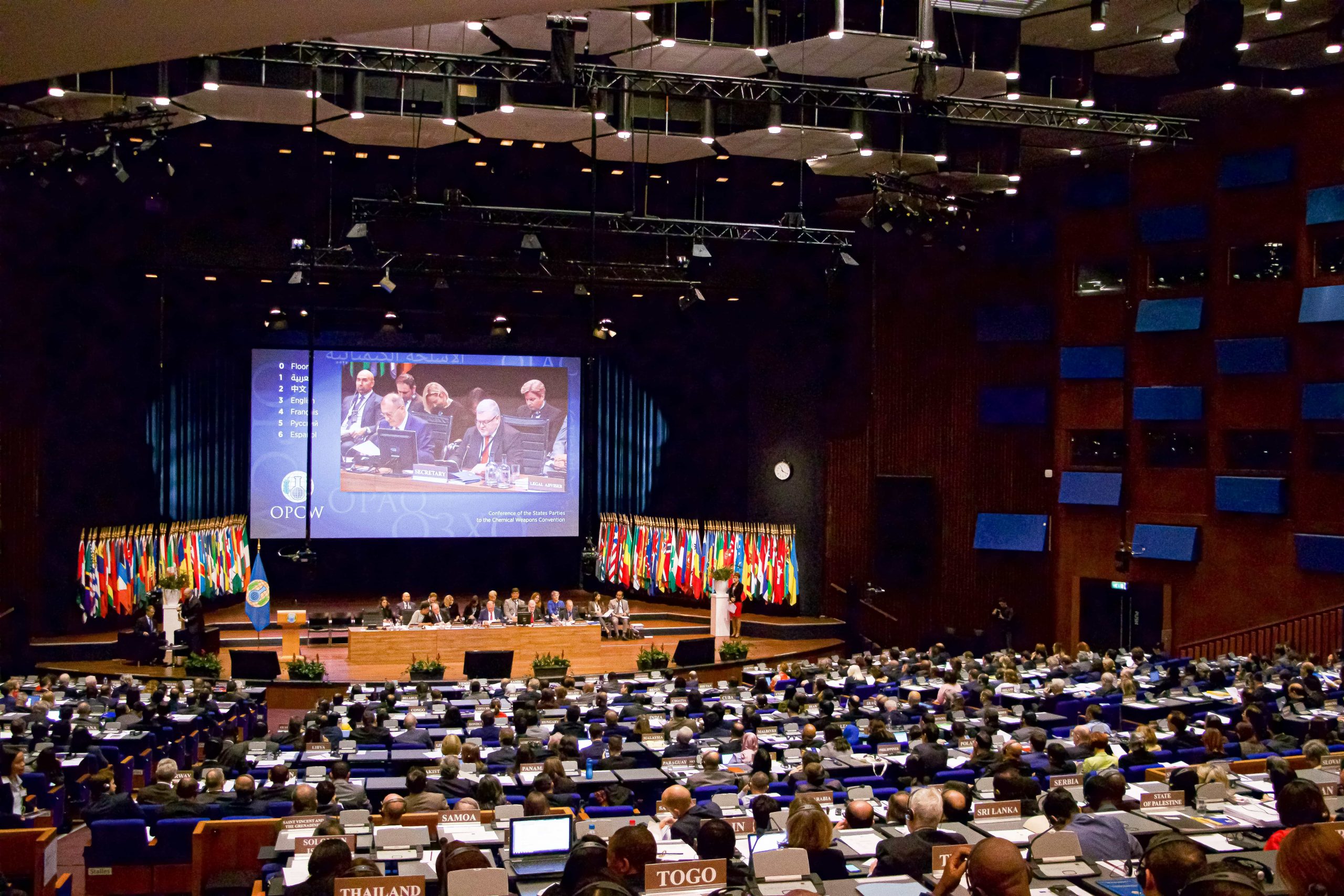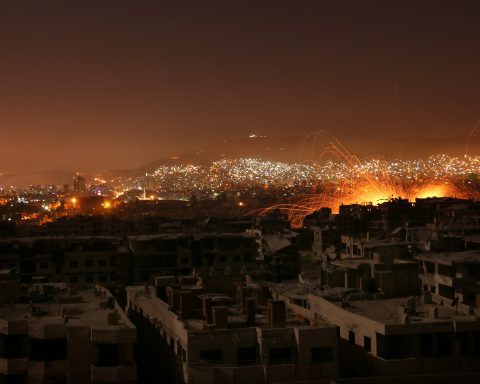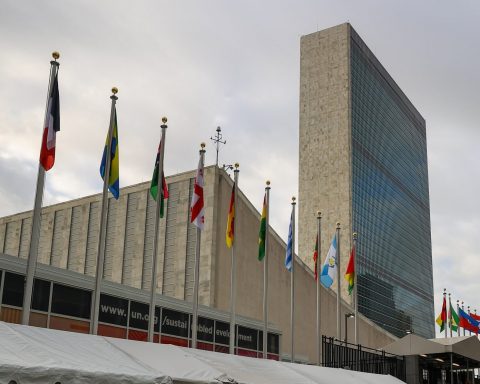The Assad regime’s air force has used chlorine weapons in an attack on the state of Saraqib back in 2018, a statement by the Organization for the Prohibition of Chemical Weapons (OPCW) held on Monday.
The OPCW held in a declaration that, the Investigations and Identification Team (IIT) concluded that units of the Assad government’s air force used chemical weapons in Saraqib on 4 February 2018.
“The report reached the conclusion that there are reasonable grounds to believe that, at approximately 21:22 on 4 February 2018, a military helicopter of the Assad regime under the control of the Tiger Forces hit eastern Saraqib by plummeting at least one cylinder,” the OPCW report said.
“The cylinder ruptured and released chlorine over a large area, affecting 12 individuals.”
The team issued its first report a year ago, in which it said Bashar Al-Assad’s air forces used the nerve agent sarin and chlorine in two attacks on the village of Lataminah in March 2017, making this the second to have emerged.
Despite robust protestations by Damascus and its supporter Moscow, OPCW member states voted in 2018 to set up the team to inspect the blames for the attacks. Formerly, the OPCW could only say if chemical attacks had occurred or not.
The Assad government has continued to deny the use of chemical weapons and insists it has handed over its weapons stockpiles under a 2013 agreement, prompted by a suspected sarin attack that killed 1,400 people in the Damascus suburb of Ghouta.
But OPCW investigators said they believed that orders for the 2018 Saraqib attack must have come from above, and that there was no indication that “rogue elements or individuals” were responsible.
“The IIT obtained information from various sources suggesting that, for chemical weapons to be used in the manner described above, orders would be required,” the full report on the attack said.
While it had not identified a “specific chain of command”, Assad’s general military command appeared to have “delegated decisions on the use of chlorine to “operational level commanders”, the OPCW said.
OPCW states will vote later this month on whether to impose sanctions on the Assad government, including the suspension of its voting rights in the organization, over its failure to comply with its rules. The OPCW’s governing body has told Assad that it must declare all details about the facilities used to produce the sarin and chlorine used in the 2017 attacks.
Western powers have expressed concern that the Assad regime has failed to declare and destroy all its chemical weapons under the 2013 deal. The United Nations said in March that the regime has failed for years to reply to a series of questions about its weapons installations, which could have been used to stock or produce chemical weapons.














